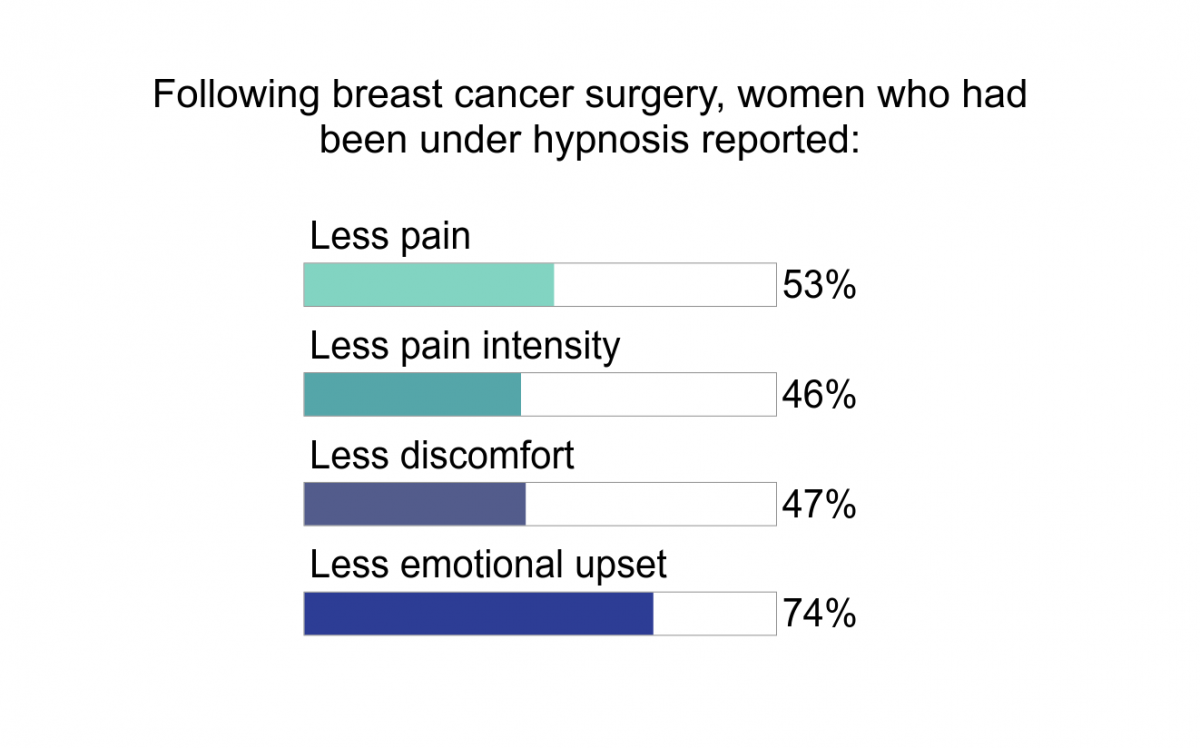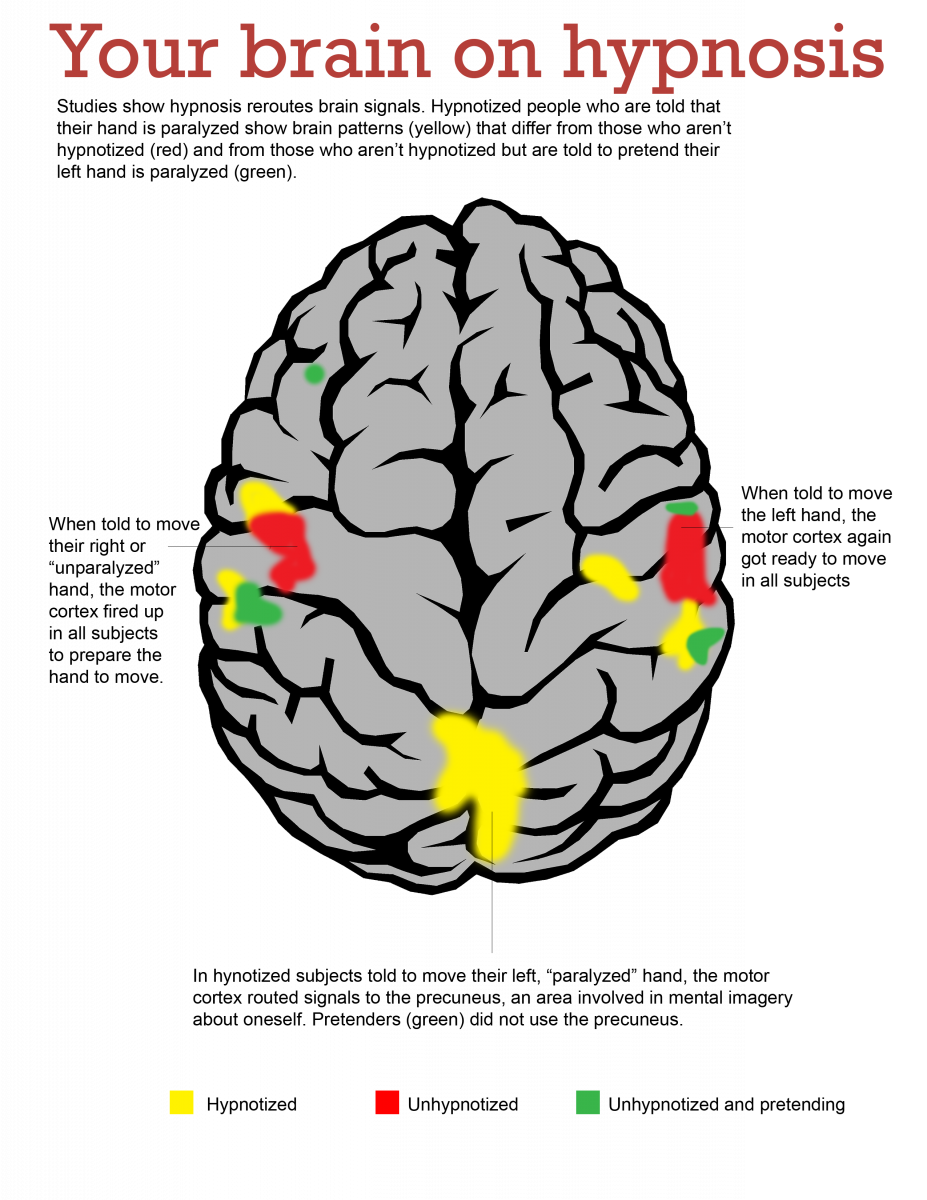Hypnosis is often associated with stage magic, but this powerful healing technique is clinically proven to provide medical and therapeutic benefits.
Certified Clinical Hypnotherapist Ron Lake says hypnotherapy helps people with cancer cope with stress, depression and anxiety associated with their diagnosis and treatment.
“My clients feel more hope, develop more confidence in fighting the disease and have a better overall sense of calmness when thinking about their diagnosis,” said Lake.
In addition, Lake says hypnosis reduces the side effects that can occur from cancer treatments. A vast majority of cancer patients will undergo surgery, chemotherapy and/or radiation therapy. These treatments are accompanied with unpleasant side effects including pain, nausea, fatigue and insomnia. Research supports the use of hypnosis for managing the side effects of surgeries and invasive procedures.
Debra Beckman was diagnosed with Stage 3 (III) rectal cancer in September 2013 at age 54. She found hypnosis to be beneficial throughout her cancer journey.
“It helped me to be less tired during my radiation treatments, and to get better rest overall. It diminished the pain, which was constant and pervasive and prevented me from sleeping well,” said Beckman.
Formerly being a hypnotherapist herself, Beckman knew the power of hypnosis to heal from personal experience she had with former clients. She used a variety of holistic treatments to address the cancer and found hypnosis to be the most direct to intervene in the process of the cancer’s growth. Due to the size and severity of the cancer, Beckman used hypnosis in conjunction with standard treatment.

For Beckman, hypnosis gave her a feeling of empowerment by being able to play a part in healing herself and modulate the severity of her pain.
“It gave me hope that I might just survive.”
Lake explained that when treating pain in patients, levels vary from person to person. He says hypnotherapists use hypno-analgesia to decrease chronic and acute pain.
“A trained Hypnotist/Hypnotherapist speaks to the subconscious mind of the patient to reprogram the ‘normal’ physical response to pain from cancer or any other trauma to the body,” said Lake.
There are six primary components in hypnosis interventions used with cancer patients: an introduction, a hypnotic induction, imagery, a deepening procedure, symptom-specific suggestions, and a conclusion.
Following the introduction and description of hypnosis, hypnotic induction allows the hypnotist to establish the state of mind required for the hypnosis to occur. Often, this involves distracting the patient from “aversive stimuli” and encouraging them to be accepting of therapeutic suggestions. Patients are then led through calming and peaceful imagery by imaging a scene where they experience sensations associated with the image.
Next, a deepening procedure takes place intended for participants to feel more deeply relaxed and hypnotised. The hypnotist will then offer suggestions to reduce and treat the patient’s symptoms. The hypnotherapist concludes the session by providing instructions on how to perform self-hypnosis. This allows patients to hypnotize themselves in the operating room during treatment.
Roger Moore, a Medical Hypnotherapist, says studies are showing hypnosis to be an effective tool in decreasing the need for anesthesia during surgery.
One of the first documented uses of hypnosis with a cancer patient was as an anesthetic for breast cancer surgery, but research shows the efficacy of hypnotherapy for women undergoing all breast cancer procedures. Those who received hypnosis prior to breast biopsies reported lower levels of pain and anxiety than women who received standard care. Another study revealed patients who received hypnosis had significant reductions in post-biopsy pain, demonstrated less distress and had more satisfaction with their overall medical treatment experience.

Moore says hypnotherapy is an effective tool for people dealing with all stages of cancer.
“For some people it is dealing with the shock, trauma and stress of a diagnosis. For others, it is dealing with the pain and the side effects of cancer treatment. Hypnosis is often used as a modality to help with creating a life after cancer. And at the end-of-life, hypnosis can help one have a good death.”

